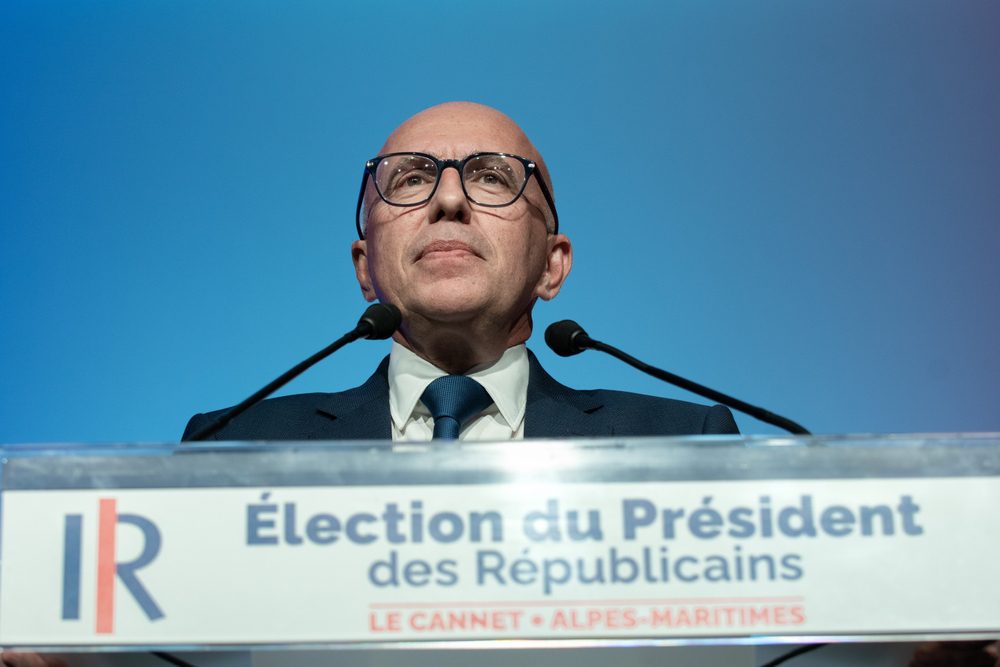
The electronic vote on December 10th and 11th has given its verdict: Éric Ciotti will be the new president of the Les Républicains party, the locus of the French governmental Right. He was elected with 53.7% of the votes against his main opponent, Senator Bruno Retailleau, who received 46.3%.
The vote saw a slight drop in turnout between the first and second rounds—from 72% to 69.75%. Éric Ciotti was the favourite. He started with a comfortable lead at the end of the first round, and in the last few days was able to win the support of many party dignitaries in his camp. The support of Laurent Wauquiez—the prospective candidate for the 2027 presidential election—was already secured. He was joined by the former president of the party Christian Jacob and the leader of the Republican parliamentary group in the National Assembly, Olivier Marleix. The third man, Aurélien Pradié, who was ousted from the competition at the end of the first round held on December 3rd and 4th, did not wish to give any voting instructions regarding the two finalist candidates.
Two days before the start of the election, candidate Ciotti published an article in Le Figaro in which he stated that he “vowed to bring the Right to power.” He succeeded in convincing the party’s members of his ability to revive a political formation in low spirits, in order to prepare a potential victory for the Right in the 2027 presidential elections, thanks to an offensive discourse assuming right-wing values such as order and security. The newly elected deputy Ciotti was the guest on the national TV news on the evening of Sunday, December 11th on the TF1 channel. He said he wanted a right wing of “order, freedom, and intelligence.”
Bruno Retailleau achieved an honourable result in the final stretch. Éric Ciotti could probably have counted on a slightly higher vote count, given the ten-point gap that separated the two men in the first round. Retailleau’s supporters believe that his result now makes him “unavoidable.” But as the saying goes, it is now time for ‘unity.’ Ciotti’s strategy has been very clear throughout the campaign: prepare the ground for Laurent Wauquiez. Bruno Retailleau, for his part, had remained more discreet about putting forward the candidate for the next presidential election and considered the ideological overhaul of the party as a priority. This was not the option that the members finally chose.
The party once again has a leader. But finding a path that maintains the party’s identity between Macronism and RN in the coming months will be difficult.
